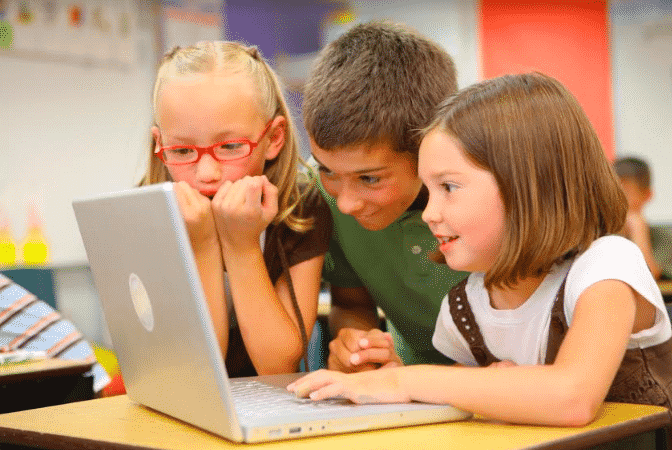
A new study published in the American Journal of Sociology has shown that despite misconceptions about access to technology and its effect on intelligence, today’s kids are just as socially skilled.
Researchers compared teacher and parent evaluations of children who started kindergarten in 1998 (six years before Facebook launched) with those who began school in 2010 (when the first iPad debuted). Results showed that both groups of kids rated similarly on interpersonal skills such as the ability to form and maintain friendships and get along with people who are different. They also rated similarly on self-control, like the ability to control their temper.
“In other words, the kids are still all right. In virtually every comparison we made, either social skills stayed the same or actually went up modestly for the children born later,” said study lead researcher Douglas Downey from Ohio State University. For the study, the research team used data from The Early Childhood Longitudinal Study (ECLS) which is run by the National Center for Educational Statistics.
The researchers compared data on the cohort that included children who began kindergarten in 1998 (19,150 students) with the cohort that began kindergarten in 2010 (13,400 students). Children were assessed by teachers six times between the start of kindergarten and the end of the fifth grade. They were assessed by parents at the beginning and end of kindergarten and the end of first grade. The researchers focused mostly on teacher evaluations as the teachers had observed the children consistently till the fifth grade, although the results from parents were comparable.
Results showed that from the teachers’ perspective, children’s social skills did not decline between the 1998 and 2010 groups. Even children within the two groups who had the heaviest exposure to screens showed similar development in social skills compared to those with little screen exposure. There was one exception: Social skills were slightly lower for children who accessed online gaming and social networking sites many times a day.
“But even that was a pretty small effect. Overall, we found very little evidence that the time spent on screens was hurting social skills for most children,” Downey said.
IANS
READ ALSO: School at home: It’s not bad, but I miss my friends




